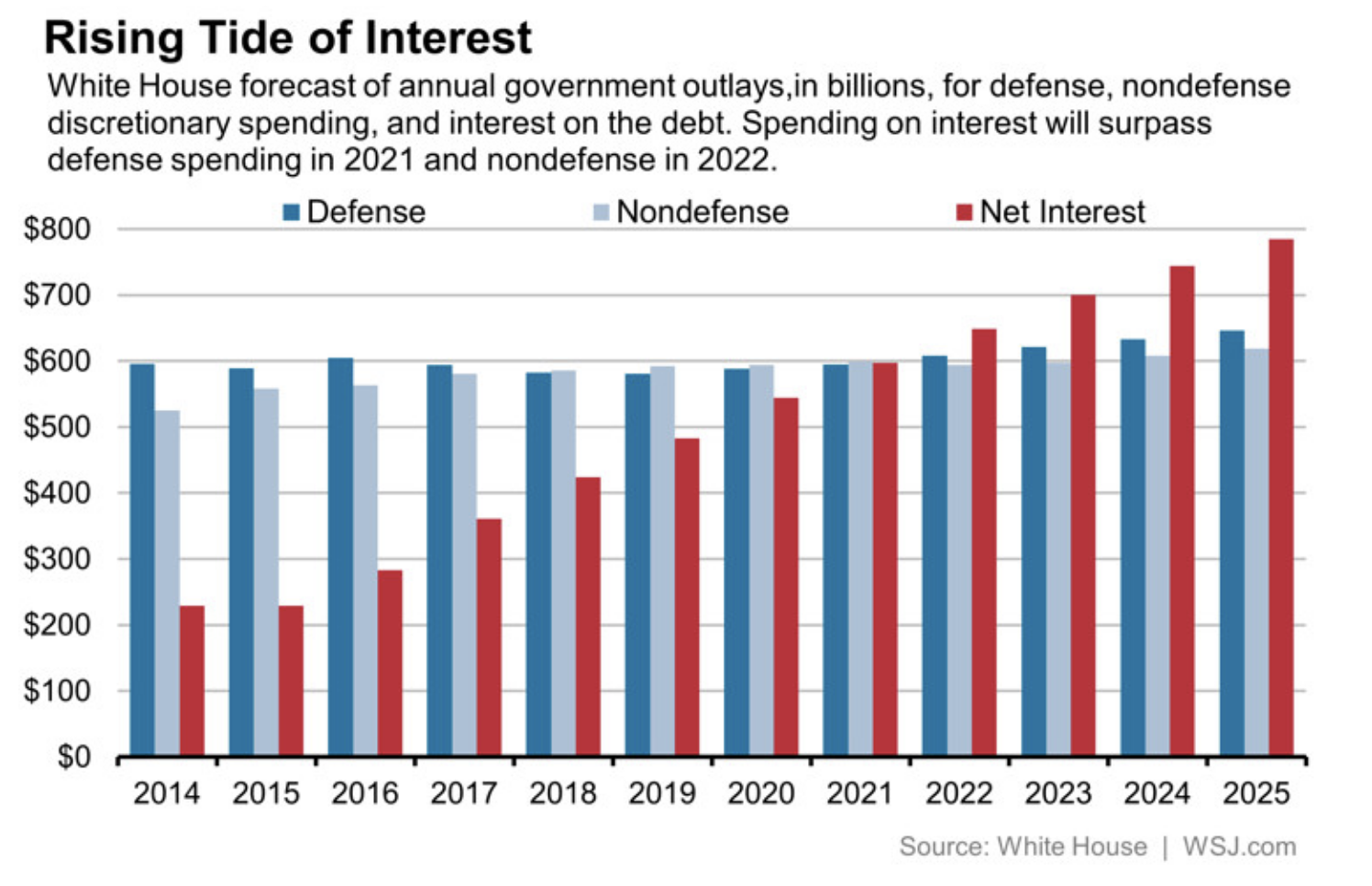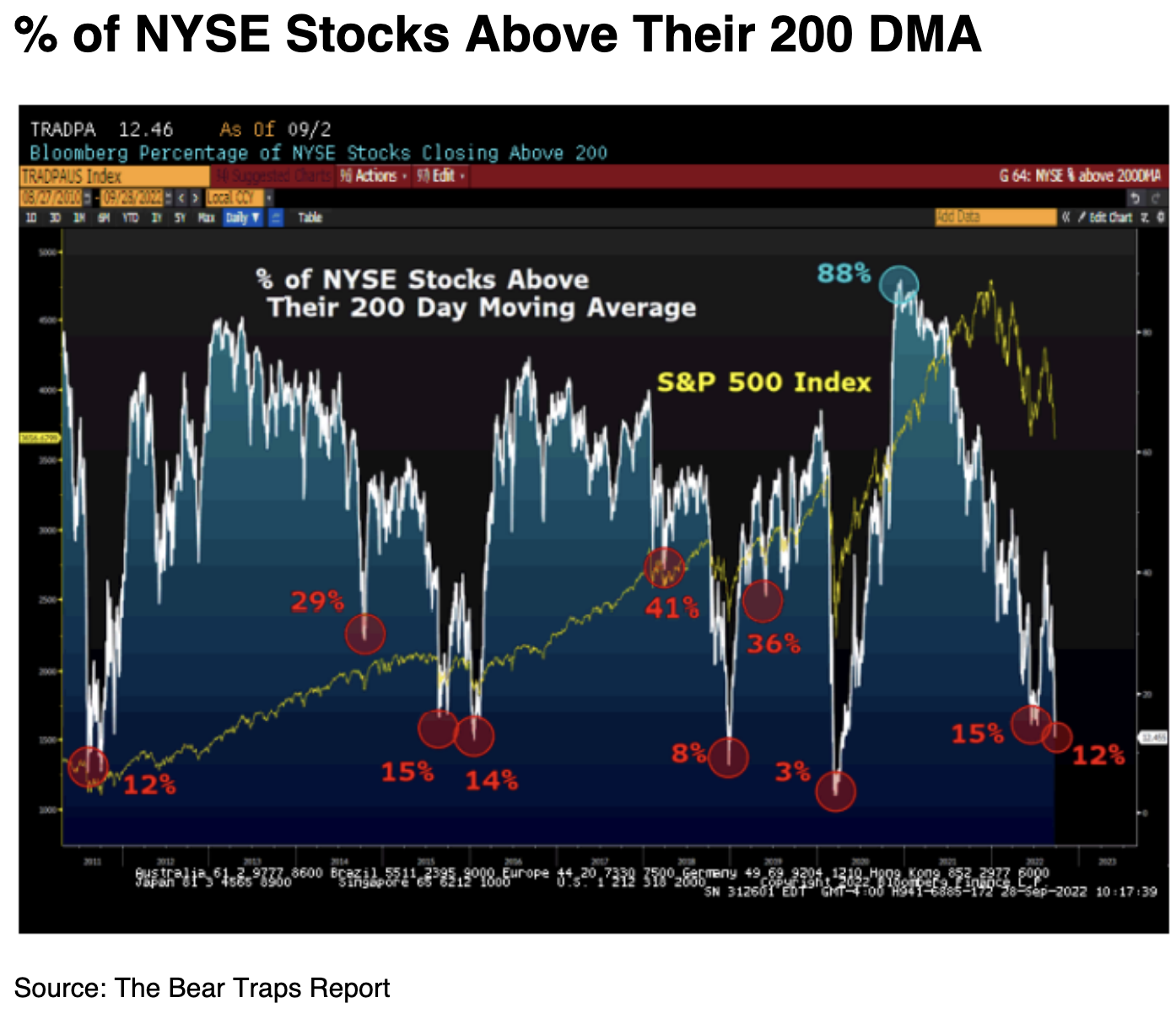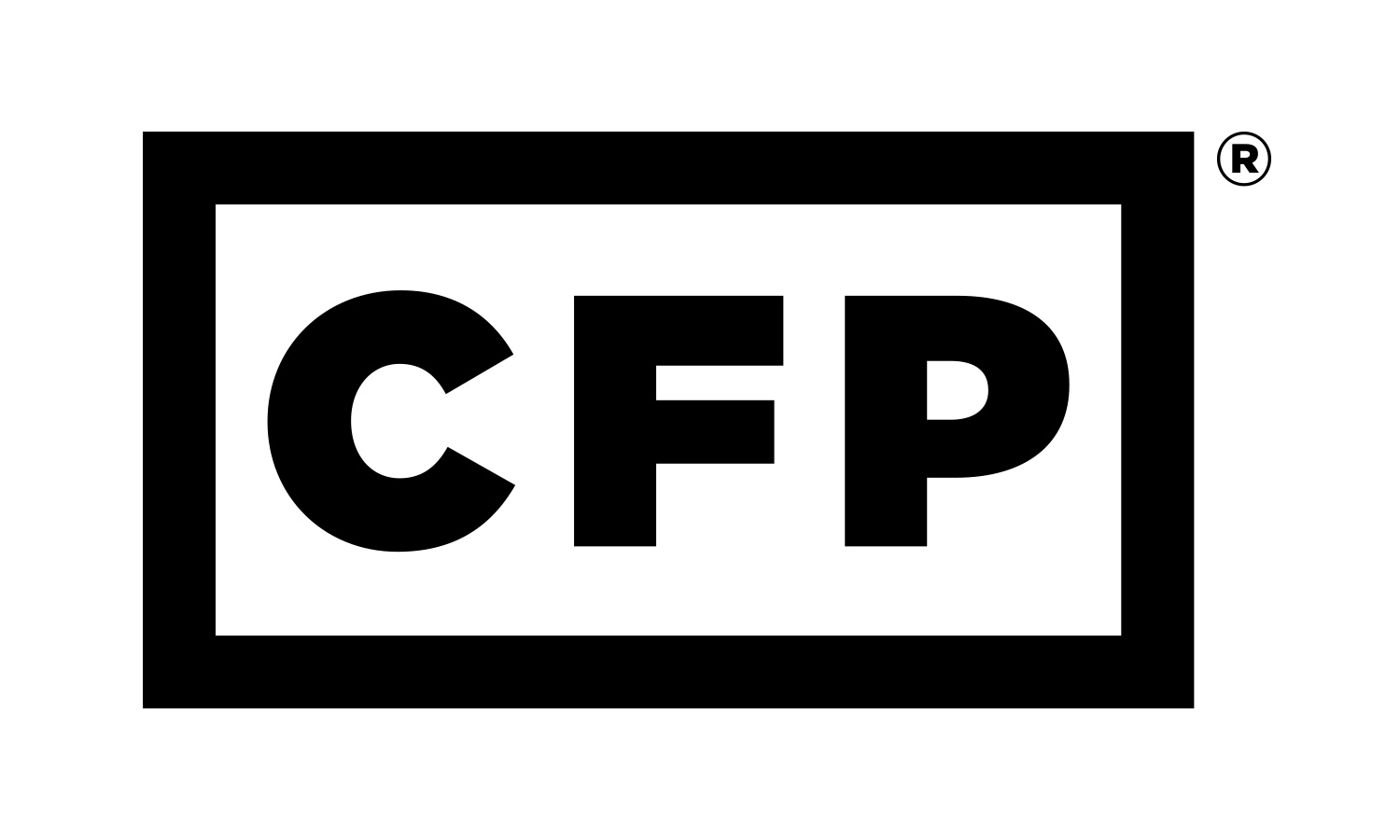
Special Report: Financial Plumbing Problems
It may feel the same with this financial crisis as it did 14 years ago, but this is much different. Yes, both initiated by politicians and governments. The 2008 “Great Financial Crisis” was started several years previous when the US government felt that Everyone should be a homeowner regardless of their credit worthiness.
You had a number of shady mortgage operations seize the day and the sub-prime mortgage business was under way. These mortgages (backed by the likes of Freddie Mac and Fannie Mae) were packaged into investment buckets and slapped with a fancy Triple AAA credit sticker. With this high-grade sticker, large investment banks would market them as income investments (the buyers would be pension funds, endowments, and John Q Public).
To juice returns, the investment banks traded Credit Default Swaps (CDS). In this instance CDS’s were designed as a form of insurance on bad mortgages in the pool. The banks traded them and used CDSs as a profit center. Credit Default Swaps were often backed by some of the largest insurance companies believing they were backing a Risk-Free investment. After all they were Triple AAA quality and backed by Fannie and Freddie. It was all a house of cards!
We all know how this story ended:
- Lehman Brothers, founded in 1847, filed for bankruptcy on Sept 15, 2008.
- Bear Stearns, founded in 1923, was forced to sell to JP Morgan in March 2008.
- Merrill Lynch, founded in 1914, walked into a shotgun wedding with Bank of America.
- Wachovia was insolvent and sold to Wells Fargo on Oct 3, 2008.
- AIG, the largest insurer in North America, is bailed out by the US Government.
- TARP (Troubled Asset Relief Program) - Many banks and insurance companies took TARP funds to sure up the book.
This is the result of the unintended consequence of government bureaucrats, with little to no banking experience encouraging poor risk decisions. As for the brokerage firms, they lacked discipline and risk controls as they sought investment profits.
The mess we find ourselves in today stems from our response to the last crisis. In 2008, it was a banking issue. Today, we are dealing with a sovereign credit issue (too much government debt globally). We often accuse politicians of overpromising and under delivering. Sometimes we may be better off if politicians didn’t bring home the bacon.
We live in a global world and the financial plumbing is as intertwined as a bowl of pasta. Just like in the law of physics, action will create a reaction of some kind. Central Bankers and governments have finally discovered the point of maximum government debt. Just think of what has happened this year.
The rising interest rates (albeit necessary) have created a situation where the interest we pay annually would fund the entire defense department. How crazy is that?

The investment markets are getting a bit crazy. The UK’s new government is trying to tackle inflation and reign in a decade worth of bad policies (which resembles the policies of many a governments). However, Ms. Truss and her advisors may not fully appreciate the full complexity of their financial situation.
Why are we talking about the UK? It’s that pasta thing. The British Pound fell hard vs the US Dollar on Sept 28th causing the Bank of England to step in and purchase UK debt resulting in a large move in the US stock and bond markets. Additionally, the UK situation is likely the canary.
With governments around the world attempting to stimulate the economies, they have kept interest rates artificially low. Pension Funds and Insurance companies rely upon bonds for much of their income. With this low-rate environment, some have taken additional risk in the derivative markets to increase income. This works, until it doesn’t. As interest rates rose, the value of the bond portfolio for these institutions began to fall and the derivatives (leverage) made the problem worse. The pension funds and insurance companies were receiving margin calls (brokerage firms requiring collateral to be posted to the account). The institutions essentially had to sell bonds at a loss to raise collateral.
My friend Larry McDonald is a wordsmith:
“There is NOTHING more dangerous, than academics who have NEVER taken a professional risk, never actually sat in a risk-taking seat - but now sitting on trillions of pounds and dollars of risk. When central banks suppress the true cost of capital for long periods of time. Fixed income investors like insurance companies will use derivatives for juicy returns. The classic - step in front of s steam roller to pick up $10. Works for a long time, then — they give it all back in a week. The problem is --- 99% of the time the steam roller is moving at 1-2 miles per hour. When the Fed is "fighting inflation" --- she is moving at 50mph.”
At Patriot Asset Advisors, we are mindful of our role as your advisor. We have hired some of the best minds that we can find to invest your money. Your investments with SEI are extremely diversified. Utilizing our investment philosophy, we have tried to reduce as much risk as possible. And, in the investment world, there are many types of risk: Company specific, Industry, Credit, Market, Political, Interest Rate, Currency and many more.
The markets are moving fast, and we are going to see plumbing problems. This will result in asset prices being volatile, particularly in those securities that have less liquidity. We have solid money managers. The worst is likely behind us. Iconic brands are 40-70% from their highs 12 months ago. While nobody can predict the time and price for the bottom, investment markets are forward looking. Once the market gets a whiff of future economic improvement, the pendulum will move swiftly in the other direction. If you have patiently weathered the worst, you don’t want to miss the turn.

The percentage of NYSE stocks above their 200-day moving average is giving a buy signal for equities. Over the last 10 years, you made money every time buying equities with less than 14% of NYSE names above the 200-day. Since Lehman, a great time to start buying U.S. equities is when less than 15% of NYSE stocks are above their 200-day moving average.
Beyond the IBKR diversification, we believe it very important to deploy investments on a tactical basis. Large institutions move capital at the speed of a glacier at times. When financial plumbing is challenged, tactical investing can be advantageous. Introducing the Patriot Revere Opportunity Portfolio (PROP).
Our PROP account has provided a cushion to client accounts in these challenging times. With this account we identify investment trends and selectively choose what to buy, when to buy and in what quantity. But most importantly we utilize risk controls by minimizing the size of our investment and taking profits (reducing risk) based upon market conditions. Unlike large institutions, we can and do hold cash as an investment. Our current cash position is approaching 20%.
PROP was developed and designed as a tactical complement to a well-diversified IBKR account. Contact Patriot Asset Advisors for more information.



